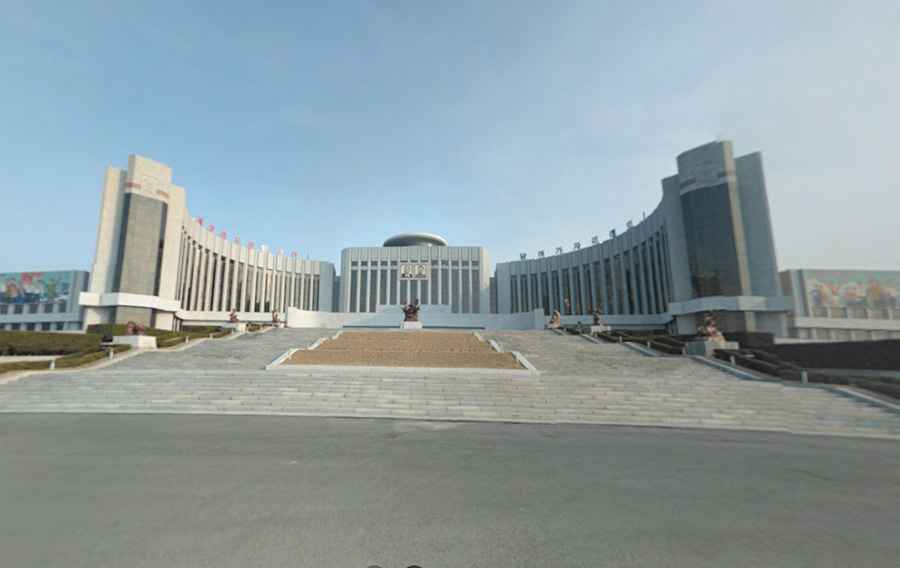Risks and Preparation for Travel to North Korea (DPRK)
A journey to the Democratic People's Republic of Korea (DPRK) is unlike any other. While physical crime is virtually non-existent for tourists due to the omnipresent state control, the primary risks are legal, political, and financial. All foreigners must travel on a guided tour with a state-approved agency, where the focus shifts from personal safety to political and cultural obedience.

1. Essential Travel Preparation: Securing Your Trip and Your Health
The groundwork for a trip to the DPRK involves securing highly specialized insurance and rigorously preparing your documents and health.
Aspect | The Risk | Preparation & Mandatory Action |
Visa & Entry | Arbitrary detention or denial of entry for political reasons. | Book with an authorized tour operator. Your visa is issued on a separate paper card, not stamped in your passport. US citizens require a special validation passport from the State Department. |
Medical Emergency | Medical facilities are extremely basic, and hygiene is poor. Local medical staff are not equipped for serious emergencies. | Mandatory high-limit medical evacuation insurance. Standard travel insurance often does not cover North Korea. Plan for an air ambulance to Beijing, which can cost upwards of $250,000 USD out-of-pocket. Bring all prescription and over-the-counter medications you may need. |
Money & Finance | Credit cards, international ATMs, and traveler’s checks are non-existent for tourists. The local Won currency is forbidden. | Carry sufficient Euros (\€), US Dollars ($), or Chinese Yuan (¥) in cash for the entire trip, including expected tips and souvenirs. Do not rely on any digital payment. |
Embassy Support | The US, UK, and many other governments have no functioning embassy in Pyongyang. Consular help in an emergency is extremely limited. | Identify your country’s designated "Protecting Power" (often the Embassy of Sweden in Pyongyang) before you go, and register your travel with your home government's travel authority. |
The Dangers of Disrespect and Disobedience
The most serious danger in North Korea is arbitrary arrest for violating the country's unique and highly strict laws regarding respect and movement. Your guide's instructions are law.
A. Photography, Media, and Electronic Device Rules
The most common way tourists run into trouble is by using their cameras or phones incorrectly. Assume all devices may be searched upon departure.
Rule Category | What is Forbidden (The Danger) | The Safe Practice |
Military & Infrastructure | Photographing soldiers, military bases, checkpoints, police, or construction sites. This is viewed as spying. | Always keep your camera down at checkpoints. If in doubt, ask your guide. |
Respect for Leaders | Cutting off or obscuring the full image of the Leaders' statues, portraits, or murals. Making light of them in any way. | When photographing monuments, step back to ensure the Leaders' full figure is entirely in the frame. Poses must be respectful (e.g., no hands in pockets). |
Sensitive Subjects | Photos that portray the country in a negative light, such as poverty, dilapidated buildings, or unposed, candid shots of local people. | If you want to photograph a local, approach them through your guide and ask permission first. Be prepared to be asked to delete photos if they are deemed disrespectful. |
Media & Content | Possessing religious texts, political material, South Korean media, or any book/content critical of the DPRK. | Leave it behind. Your devices (phones, tablets, laptops) may be searched upon entry and exit for forbidden media. Avoid bringing cameras with visible GPS markings as they may be confiscated. |
B. Behavior and Interaction Risks
The state strictly controls your movement and interactions with North Korean citizens.
- Unauthorized Contact: Any conversation with a local citizen that is not supervised or initiated by your guide can be deemed espionage. Do not try to leave your designated tourist area or hotel unescorted.
- Political Discussion: Never make an insult, joke, or even slightly critical comment about the nation, the government, or the current and former leaders. Your conversations are assumed to be monitored at all times.
- Dual Nationality: If you are a citizen of a foreign country but are of Korean descent, authorities may subject you to harsher scrutiny and consider you a North Korean national.
In summary, safety in the DPRK relies entirely on absolute, unquestioning compliance with your local guides and the nation's political ideology.
Pic: Ivan Ivanov